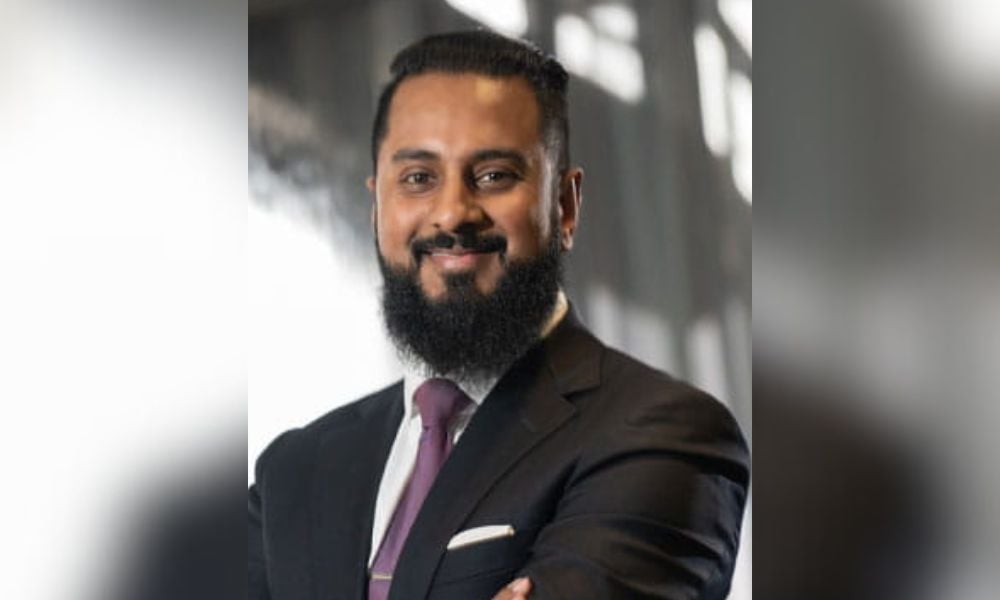Advisory firms must ensure long-term sustainability by adapting to different generations’ needs

Like any business, advisory firms need a steady flow of employees and customers to ensure decades-long viability. But the industry is facing a generational divide that threatens to interrupt both of those streams.
“Succession planning is the number one topic members ask us to create programs around,” Investment Adviser Association CEO Karen Barr told Financial Advisor IQ. Challenged by an aging advisor workforce and limited increases in headcount, firms looking to ensure continuity are exploring alternatives to new recruitment, such as financing options and diversified ownership through mergers and acquisitions.
But even if they effectively sustain ownership and manpower, firms won’t survive if they don’t account for clients’ needs. On one hand, baby boomers are ceasing to accumulate assets, and now need financial advisory services in support of extended retirements. On the other side of the divide, millennials under 35 have not yet amassed enough assets to warrant attention from many advisors, so they opt for robo-advice.
“Client expectations used to be about performance,” Shannon Reid, vice president of education and practice management at Raymond James’ Private Client Group, told the publication. “But now it’s more about expertise and planning and acting as a sounding board.”
The same holistic, not-just-about-the-money approach applies to millennials. “The primary objective is not amassing wealth; it’s about having enough money to reach particular goals,” said Corporate Insight analyst Silviya Simeonova. “Millennials want to form partnerships with advisors who they can bounce ideas off, rather than be told what to do.”
US-based firm Yeske Buie is working to reach both demographic groups. On the millennial side, the firm is tapping young talent from more than 240 educational institutions that offer courses in financial planning; by turning over the recruitment process to millennials, the firm is apparently enjoying greater staff retention and client service. The firm has also re-tweaked its minimum account threshold of US$3 million to include clients with the potential to gather that much in assets within ten years.
To reach older boomers, the firm is building connections with a network of eldercare consultants that can offer medical and other types of expertise that are relevant to their older clientele. According to Dave Yeske, one of the firm’s co-founders, technology is being applied across the board to increase their advisors’ efficiency.
“Math is easy; change is hard,” he said. “There are lots of paths to a particular goal but the skill of the advisor is to choose the one suited to who the client is as a human.”
The rise of robo-advisors has increased the pressure for wealth managers to adapt into a hybrid tech model, potentially one-upping the upstarts through their mastery of human relationships. “It would be a strategic mistake for financial advisors to think Millennials will switch to them in the future,” said Luis Viceira, associate dean for international development at Harvard Business School. “Millennials may well stay loyal to those who make the effort to serve them today.”
Related stories:
Are active managers costing clients by playing safe?
Commission-based clients may not want to switch
“Succession planning is the number one topic members ask us to create programs around,” Investment Adviser Association CEO Karen Barr told Financial Advisor IQ. Challenged by an aging advisor workforce and limited increases in headcount, firms looking to ensure continuity are exploring alternatives to new recruitment, such as financing options and diversified ownership through mergers and acquisitions.
But even if they effectively sustain ownership and manpower, firms won’t survive if they don’t account for clients’ needs. On one hand, baby boomers are ceasing to accumulate assets, and now need financial advisory services in support of extended retirements. On the other side of the divide, millennials under 35 have not yet amassed enough assets to warrant attention from many advisors, so they opt for robo-advice.
“Client expectations used to be about performance,” Shannon Reid, vice president of education and practice management at Raymond James’ Private Client Group, told the publication. “But now it’s more about expertise and planning and acting as a sounding board.”
The same holistic, not-just-about-the-money approach applies to millennials. “The primary objective is not amassing wealth; it’s about having enough money to reach particular goals,” said Corporate Insight analyst Silviya Simeonova. “Millennials want to form partnerships with advisors who they can bounce ideas off, rather than be told what to do.”
US-based firm Yeske Buie is working to reach both demographic groups. On the millennial side, the firm is tapping young talent from more than 240 educational institutions that offer courses in financial planning; by turning over the recruitment process to millennials, the firm is apparently enjoying greater staff retention and client service. The firm has also re-tweaked its minimum account threshold of US$3 million to include clients with the potential to gather that much in assets within ten years.
To reach older boomers, the firm is building connections with a network of eldercare consultants that can offer medical and other types of expertise that are relevant to their older clientele. According to Dave Yeske, one of the firm’s co-founders, technology is being applied across the board to increase their advisors’ efficiency.
“Math is easy; change is hard,” he said. “There are lots of paths to a particular goal but the skill of the advisor is to choose the one suited to who the client is as a human.”
The rise of robo-advisors has increased the pressure for wealth managers to adapt into a hybrid tech model, potentially one-upping the upstarts through their mastery of human relationships. “It would be a strategic mistake for financial advisors to think Millennials will switch to them in the future,” said Luis Viceira, associate dean for international development at Harvard Business School. “Millennials may well stay loyal to those who make the effort to serve them today.”
Related stories:
Are active managers costing clients by playing safe?
Commission-based clients may not want to switch



